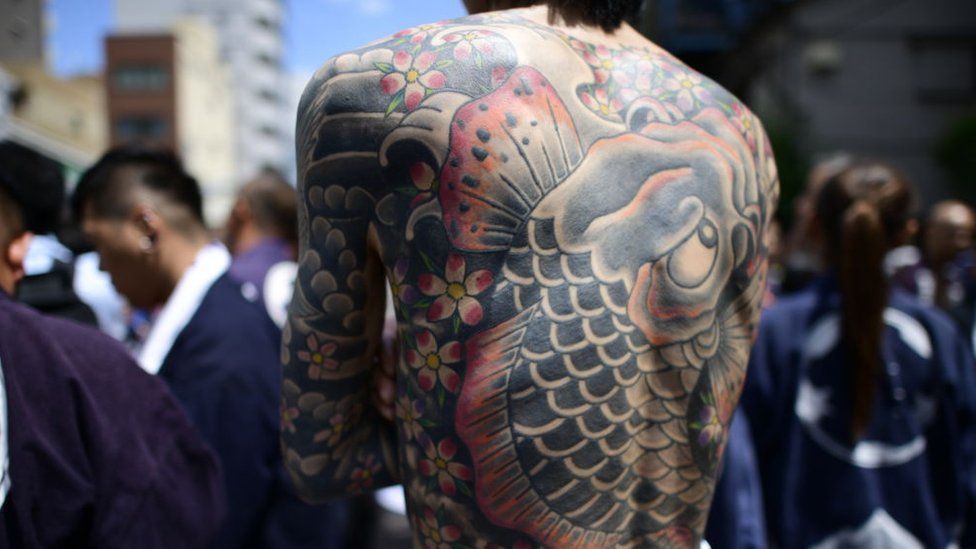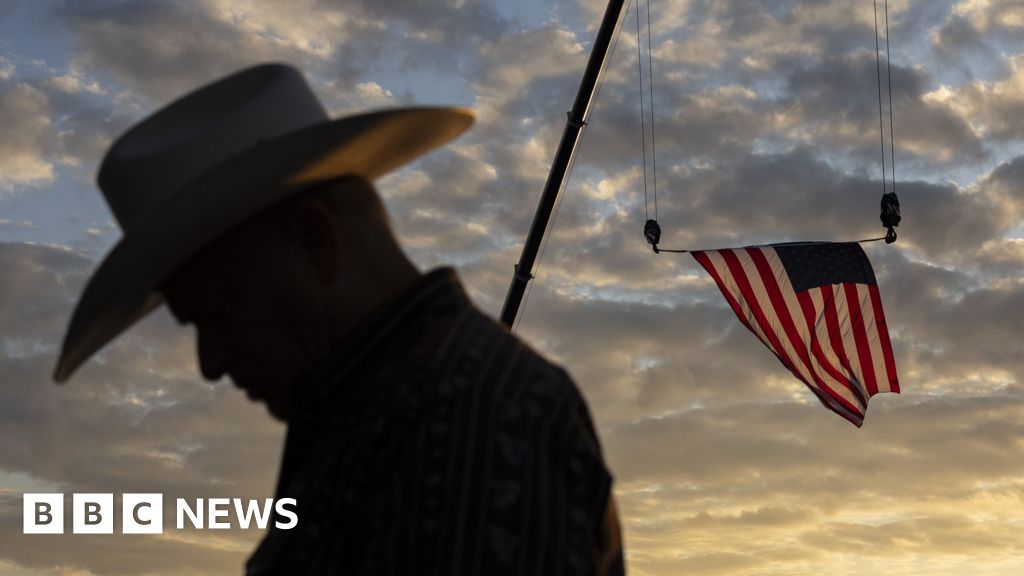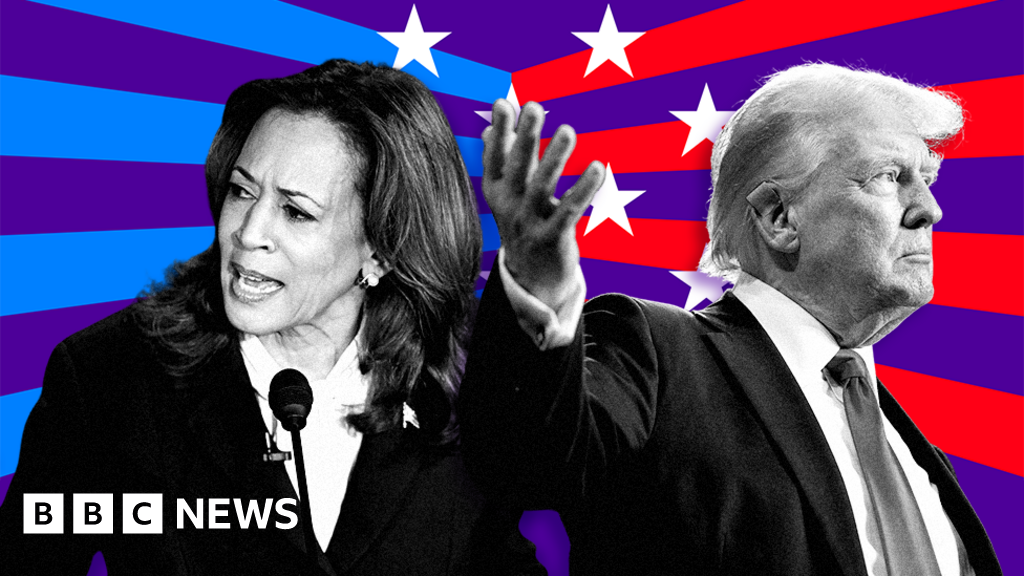ARTICLE AD BOX
 Image source, Getty Images
Image source, Getty Images
Tattoos are a taboo in Japan
Japan's defence force is rethinking a ban on tattoos as it tries to increase recruitment from a rapidly shrinking population.
Tattoos have long been a taboo in the country, where they are associated with mafia-like criminal gangs known as yakuza who sport elaborate skin art.
But officials now say that young Japanese sport tattoos for sartorial reasons, not to identify with yakuza.
And they also argue that the ban is hindering enlistment.
The Japanese Self-Defence Forces (JSDF), the country's answer to a military, is 10% short of its troop capacity and missed its recruitment target last April, officials say.
"Rejecting applicants just because they have tattoos poses a problem in terms of enhancing the human resources base," Masahisa Sato, an MP from the governing Liberal Democratic Party, recently said.
The head of the defence ministry's personnel bureau, Kazuhito Machida, has said that the ban must be reconsidered given Japan's declining birth rate.
The country of 125 million had fewer than 800,000 births in 2022, down from more than two million in the 1970s. Prime Minister Fumio Kishida has said it is "now or never" for Japan to address its shrinking and ageing population.
This has also increased the pressure on Japan to fill vacancies in the JSDF as it doubles military spending, in response to China's growing might, and North Korea's nuclear arsenal. There are also enduring calls for Japan to revise its post-war pacifist constitution to respond better to rising tensions in the Asia-Pacific, and the Russian invasion of Ukraine.
Image source, Reuters
Image caption,Japan's military is under pressure to increase recruitment
It's unclear when the final decision will be made, but scholars say there was a time when tattoos were common in Japanese culture. But encounters with Europeans in the 1800s changed that, according to Yoshimi Yamamoto, a cultural anthropologist at Tsuru University, who has studied tattoo culture in Japan and Taiwan.
"Civilized Europe" saw the full-body tattoos on the Japanese as "backward", which led the latter to cover up the ink, except during religious festivals, Ms Yamamoto said in an online lecture in 2019.
The taboo intensified in post-war Japan when films on the yakuza boomed in the 1970s and 1980s. That's when they became synonymous with criminal activity.
"Tattooed people are feared almost automatically," Ms Yamamoto says.
The yakuza imagery was most recently reinforced in the 2013 Hollywood movie The Wolverine, where Hugh Jackman took the origin story of his most popular film persona to the streets of Japan, she added.
The fear and suspicion extends enough that people with tattoos are banned on some beaches, and in some onsens or public baths.
But this is starting to be challenged, Ms Yamamoto said, as more and more young people opt for tattoos purely as a personal choice and statement.

 1 year ago
60
1 year ago
60








 English (US)
English (US)